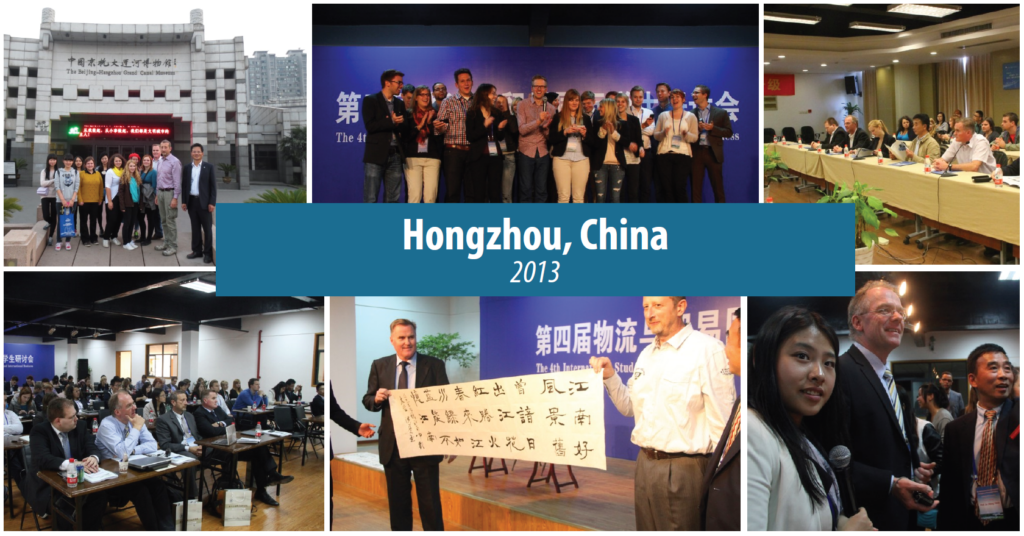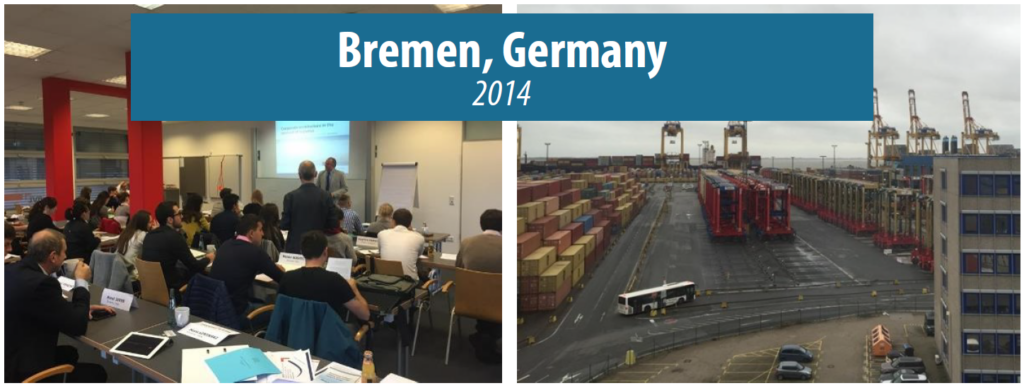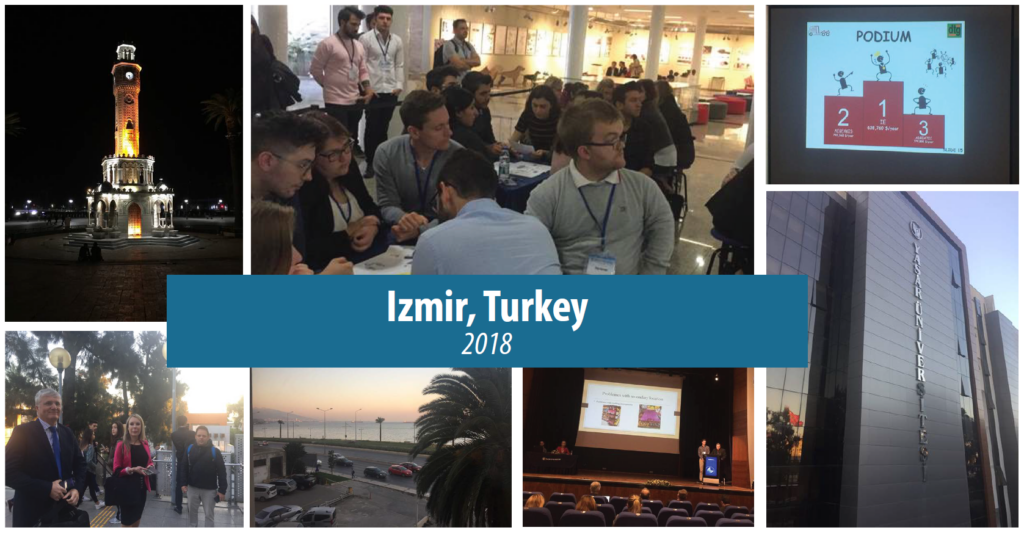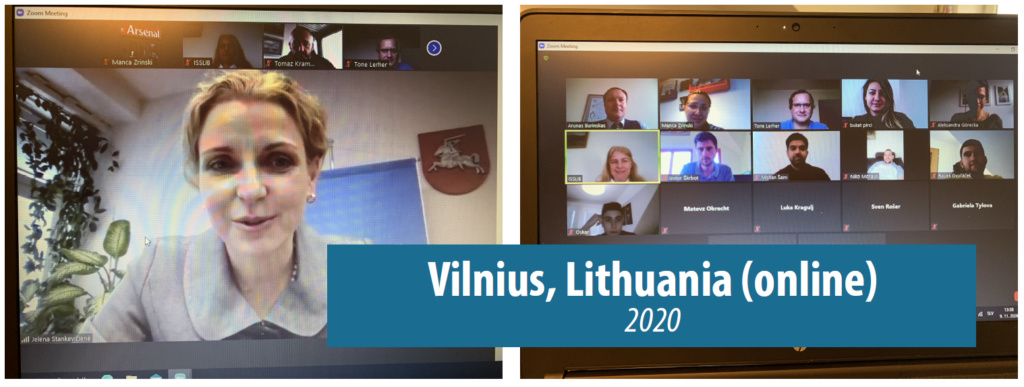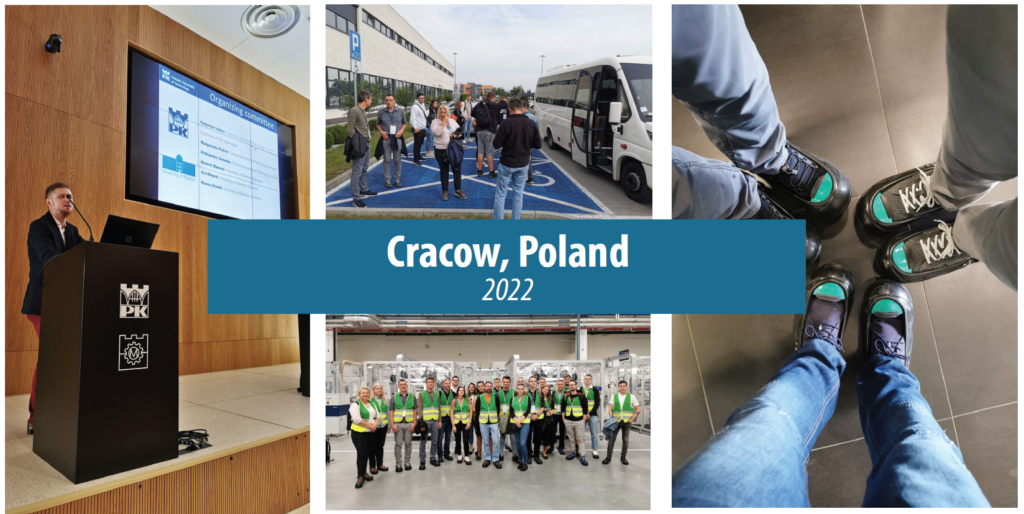:: SAVE THE DATE ::
International Students Symposium
on Logistics and International Business
Title:
The New Era of Transport & Logistics
8 - 14 December, 2025
Zagreb, Croatia
The Faculty of Transport and Traffic Sciences, University of Zagreb
Important info:
The symposium is set to be organized as a Blended Intensive Program (BIP), part of the Erasmus+ initiative, combining short, intensive learning experiences with innovative teaching methods, including online collaboration, to enhance educational engagement.

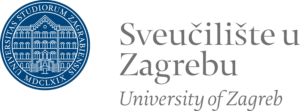
The idea behind the Symposium
The idea of a student symposium was born in 2008 at a conference held in Celje, Slovenia. Young and committed lecturers thought about creating a joint event for students from different countries and faculties, who would gather in a relaxed atmosphere, present their papers, and exchange ideas and experiences.
The symposium offers young students from different nationalities and cultural backgrounds to gain first-hand experiences in presenting and discussing their projects’ results in front of an international audience. Besides the students’ presentations, there are lectures from professors of the partner universities and excursions to companies to get a deeper insight into the actual topics. There is also time for cultural sightseeing.
The symposium thus became a distinguished event that the Faculty of Logistics of the University of Maribor organizes every year in cooperation with foreign institutions, which means that the symposium moves to a different city every year.

Scope
The title of this years’ symposium is
“The New Era of Transport & Logistics”
This year’s theme, “The New Era of Transport & Logistics”, promises to offer an enriching platform for students from diverse backgrounds to present and discuss their innovative ideas.
We are currently witnessing a new era in transport and logistics, driven by rapid advancements in technology, global economic shifts, and changing consumer expectations. This transformation is not just a trend—it’s a fundamental shift in how goods and services move around the world. Also, the resilience of transport and logistics services is very important in new transport and logistics solutions.
The goal of the BIP program titled “The New Era of Transport & Logistics” is to present global supply chain transformation, along with the challenges that disable safe and adequate transport and logistics services.
During virtual component of the BIP program students will have an opportunity to listen the lectures related to the challenges like resilience in case of pandemic, volatility of transport costs and inflation, as well as importance and challenges of cybersecurity resilience in transportation systems.
For a final week of the blended course, students will join psychical component in Zagreb, Croatia. Students will receive tasks to be delivered and present on psychical component. Students should prepare paper on new ideas and solutions in the field of transport and logistics in their countries.
Students from each country should prepare at least one paper on the topic “The New Era of Transport & Logistics”:
- new ideas and solutions in the field of transport and logistics in your country
- projects existing in your countries and/or ideas that can enable a faster, smarter, and greener transport and logistics ecosystem
- solutions that enables quality living for the citizens and promote sustainable and accessible forms of transport and logistics
- digital transformation and the rise of AI in the field of transport and logistics in your country
- new e-commerce solutions (last-mile delivery and automatization in the process of fast, flexible, and trackable deliveries)
- solutions to reduce emissions and waste
- implementation of autonomous vehicles and drones in transportation and logistics (especially for last-mile delivery and in controlled environments like warehouses and ports)
- creating and developing new business strategies in the field of transport and logistics
- literature review on the new ideas and solutions in the field of transport and logistics
Paper should present ideas and solutions that enables quality living for the citizens and promote sustainable and accessible forms of transport and logistics.
All papers will be published in the Journal of Translogistics (https://journaloftranslogistics.pwr.edu.pl/). Students will receive publication information in separate document.
In this way students will be obligated to “think-create-present” their idea and compare it with other participants from different countries and universities.
Students will be introduced to the digital transformation and the rise of AI, IoT (Internet of Things), and big data is revolutionizing logistics and transportation. E-commerce will be explored in the way to present innovations, improvements in the last-mile delivery and automatization in the process of fast, flexible, and trackable deliveries. Sustainability & Green Tech solutions from logistics and transport companies will be elaborated through the presentation of efficient supply chains in order to reduce emissions and waste. Potential of using autonomous vehicles and drones are beginning to play a role in transportation, especially for last-mile delivery and in controlled environments like warehouses and ports. These technologies will be elaborated during the physical component. Events like the COVID-19 pandemic, geopolitical tensions, and natural disasters have exposed weaknesses in global supply chains. As a result, companies are rethinking and reshaping their logistics networks to be more resilient, localized, and digitally integrated. Emphasis of this physical component is on creating and developing business strategies, which enables the agile and sustainable transport systems.
Students will present their tasks appointed on virtual component. They will present their projects existing in their countries and/or ideas that can enable a faster, smarter, and greener transport and logistics ecosystem. This new era is defined by innovation, agility, and sustainability—driven by both necessity and opportunity. Businesses that embrace these changes will thrive in the future, while those that resist risk being left behind.
It will give students the opportunity to share or compare their ideas, solutions, or questions. From the educations point of view, this way of presenting students’ idea will encourage students to work as a team and improve their presentation skills.
Along with the lectures, students will enjoy mutual collaboration accompanied with official visits to the companies in the field of transport and logistics. Cultural activities are also important part of this blended program.
Publication information
Past Events
We're always having so much fun.
